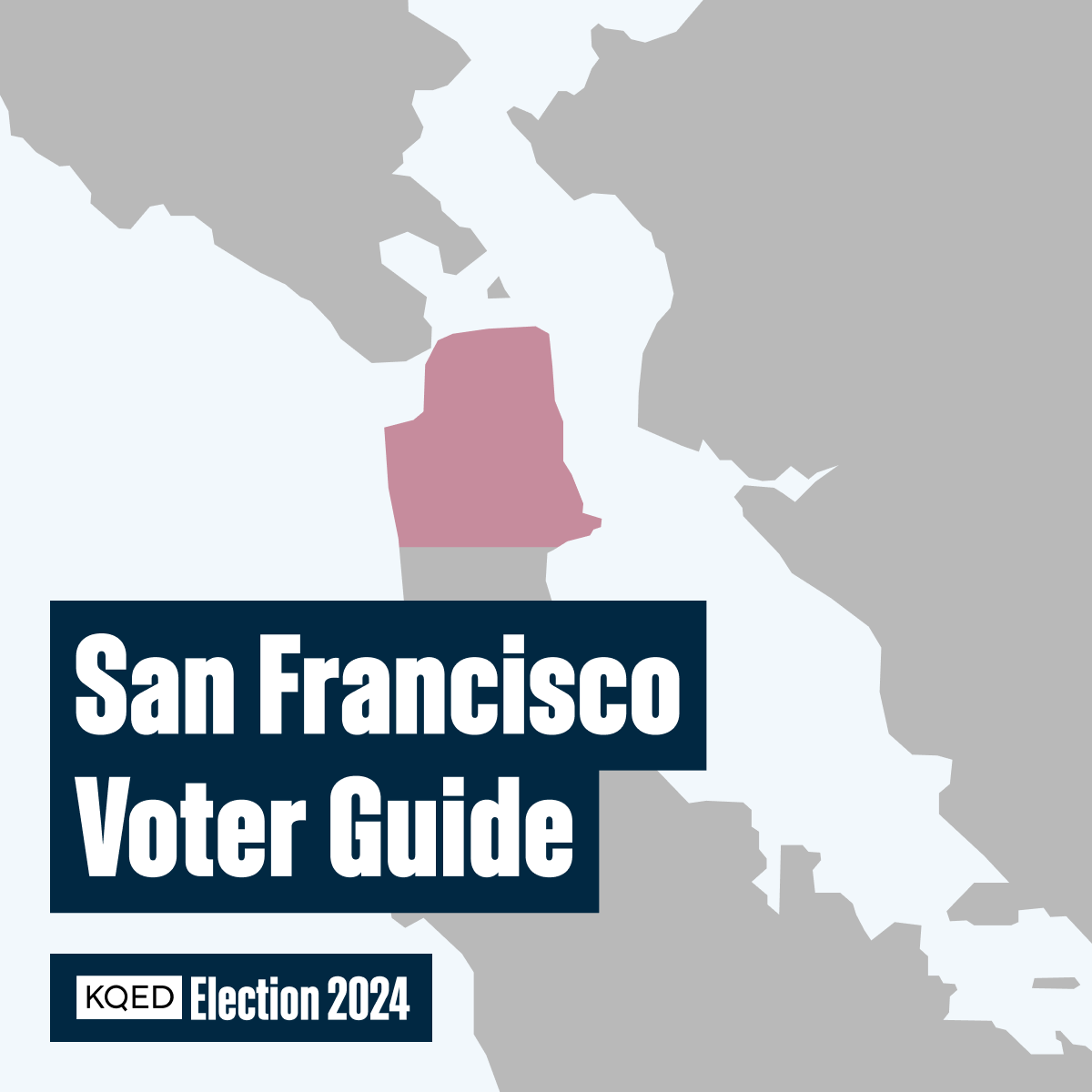The race for San Francisco’s next mayor is nearing its end. The candidates have campaigned on big-ticket issues like homelessness and political scandals, but they haven’t discussed much about how human-caused climate change is wreaking havoc on the city or their plans for the future.
Here's How SF Mayoral Candidates Plan to Address Climate Impacts on the City
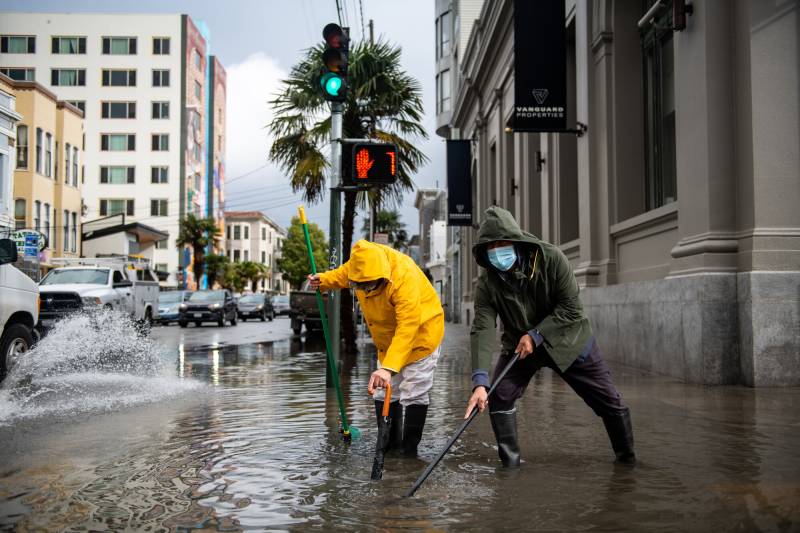
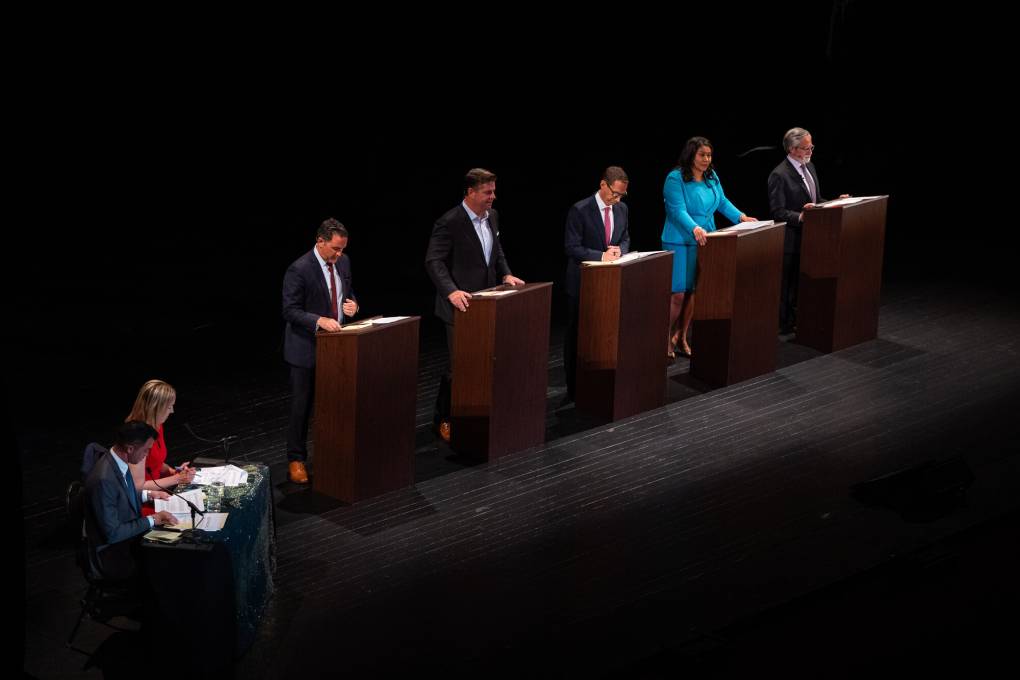
As the world continues to warm, San Franciscans will experience hotter heat waves, more intense rainstorms, leading to flooded streets and a reshaped shoreline as rising seas threaten the hard edge of the city.
“We have to be talking seriously about adaptation because the ship has sailed on climate change in many ways,” said Mark Lubell, a professor of environmental science and policy at UC Davis. “Even if we did reduce emissions to zero right now, we would have a lot of climate impacts baked in, including sea-level rise.”
Lubell said the role of the mayor is to lead the city with a clear vision of how to adapt San Francisco for the far wetter future, sometimes drier and sweltering temperatures that scientists predict for the decades to come.
“Bad stuff is going to happen,” Lubell said. “The city needs to be prepared for that at the level of city infrastructure and make sure that the residents of the city have the appropriate awareness, knowledge and tools that they need to be able to be as healthy as possible in the case of extreme heat or flooding or smoke impacts.”
KQED asked the top five candidates in the race for mayor — Mayor London Breed, Former Mayor Mark Farrell, Supervisor Aaron Peskin, Supervisor Ahsha Safaí and nonprofit founder Daniel Lurie — about their vision for ensuring the city withstands climate change’s effects.
Three of the five — Lurie, Peskin and Safaí — said they would advocate for a climate tech hub as part of an effort to fill vacant buildings downtown.
“The job that I see as my role as mayor is to make the conditions so that entrepreneurs and innovators can thrive, especially around climate change,” Lurie said.
But Mayor London Breed told KQED that focusing on a climate hub downtown is “backward thinking” because all policies — from electrifying buildings to enhancing stormwater infrastructure — need to have climate change at their core. She said there can’t just be one big focus on the climate downtown.
“There is no need for a hub,” she said. “There’s only a need to ensure that climate is always incorporated into every decision we make as a city, so we’re past that.”
Mayor London Breed
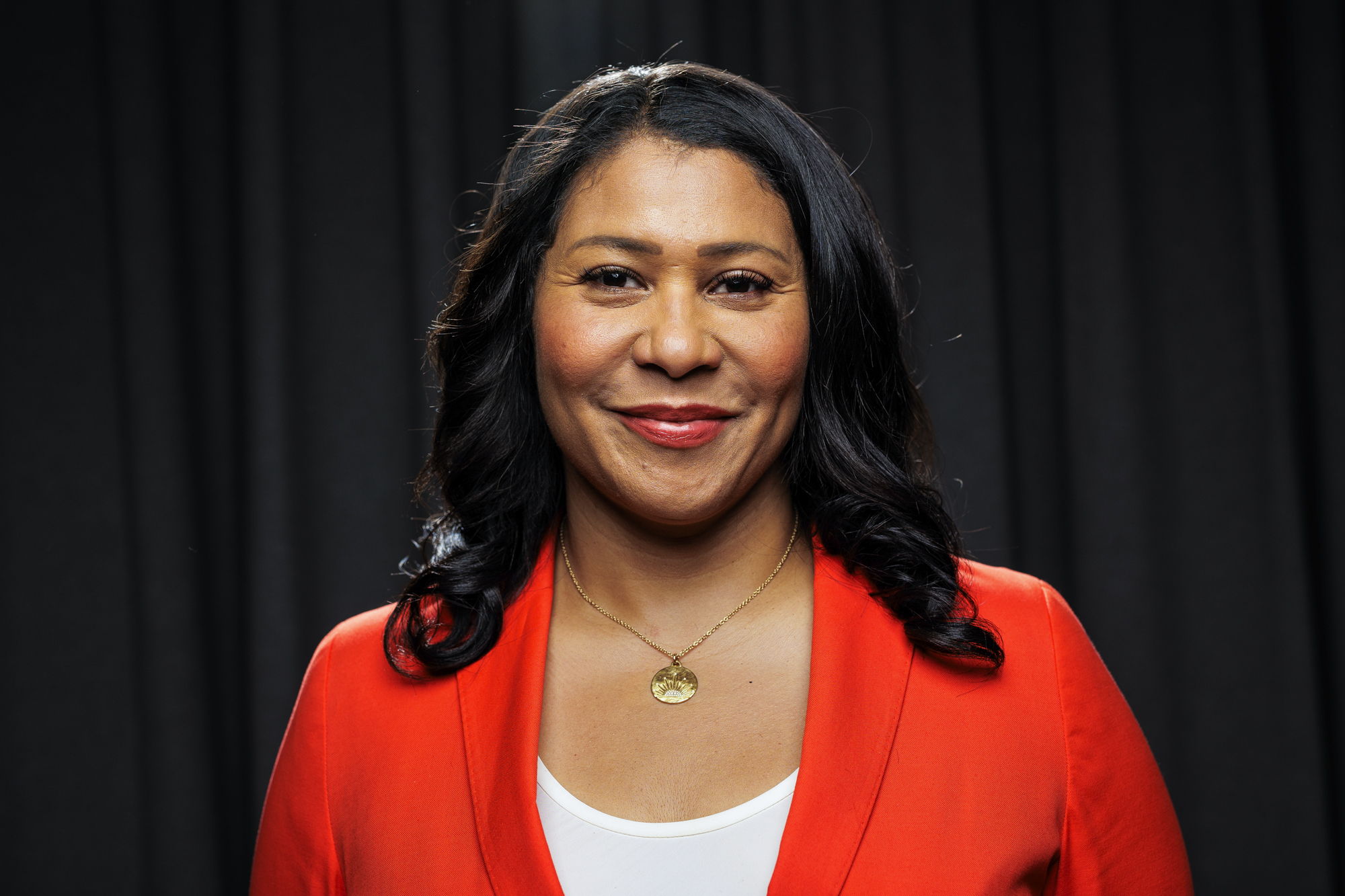
Breed said the city faces a suite of climate threats, from flooding to sea-level rise.
She credits her 2021 climate action plan as a holistic way of combating climate change. She has discussed the issue in this race through “conversations around housing and the need to build in San Francisco” with a more dense footprint, “which cuts back on carbon emissions,” shortening commutes.
“It’s about all of us,” she said. “San Francisco has been a leader on climate. And I am very proud that a lot of the work we’re doing sets our city up for success in the future. And my goal is to build upon that success in my next term.”
She touted her goal to build dense housing and secure millions of dollars in funding for climate initiatives. She said her team planted 1,500 trees across the city, argued San Francisco has begun to address flooding woes in its most at-risk areas and helped spearhead a draft plan to address sea-level rise along the city’s waterfront. Breed also said her administration created “72% of all the protected bike lanes” across the city.
“Everything we are doing right now in this city as a whole is all about climate,” she said. “Moving forward in the future, everything has to incorporate some sort of commitment or improvements to the environment as a way to honor our climate action plan. And I’m proud that as mayor, I have led the way on this.”
Former Mayor Mark Farrell
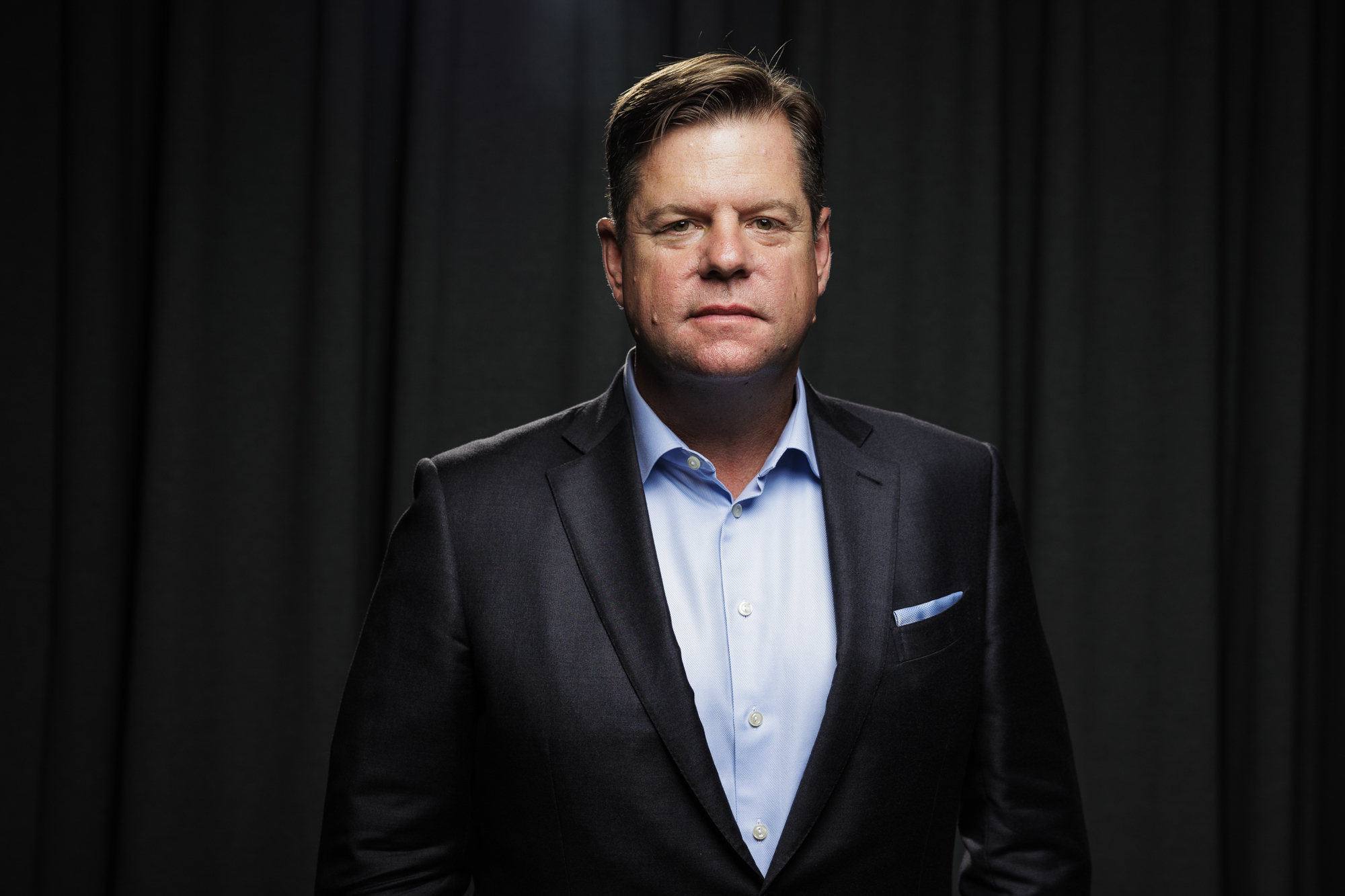
After Mayor Ed Lee died of a heart attack in late 2017, the Board of Supervisors voted to install Mark Farrell as a replacement in January 2018. He succeeded Breed, who had been acting mayor for a few weeks. His brief tenure ended when voters elected Breed to fill the office.
A few months into his short time as mayor, he committed the city to reaching net-zero greenhouse gas emissions by 2050. He considers the move foundational in aligning the city with the Paris Climate Agreement.
Farrell said he would like to lead the climate charge by creating more housing density, and he would like to see more people rely on public transportation.
“It’s one of the best things we can do for our environment going forward,” he said. “I also believe we need to focus on public transportation and get people out of their cars and onto Muni, but in order to do so, we need to make Muni more reliable and safe once again.”
He would also like to “massively incentivize” new electric vehicle charging across the city by creating public-private partnerships to expand access to charging.
Lastly, Farrell would like to “hit the city’s zero waste goal” by bringing Recology, the city’s trash company, under the oversight of the San Francisco Public Utilities Commission. The reorganization, Farrell said, will “reduce costs for residents” and “bring it under the agency primarily tasked with hitting our climate change goals.”
Supervisor Aaron Peskin
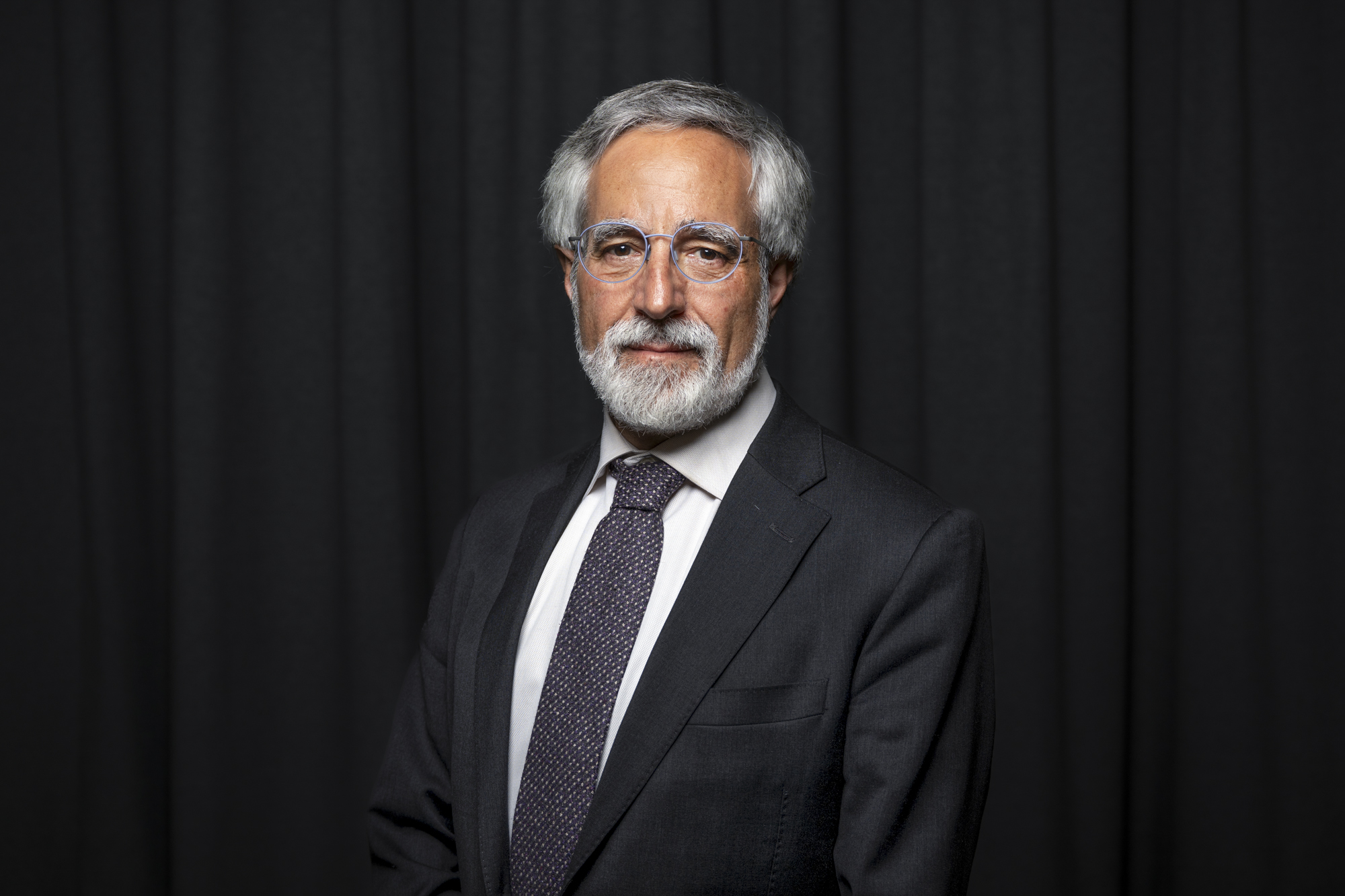
Aaron Peskin, current president of the board of supervisors, wants to lead San Francisco and the region in dealing with rising seas. He would also like to establish a climate tech hub in vacant buildings in downtown San Francisco.
“Climate is at the top of my agenda,” he said. “San Francisco has been at the forefront of climate change planning, but it has not gotten the level of hands-on attention and oversight from the actual mayor of San Francisco that it needs and deserves.”
In the past few decades, Peskin said he helped “reduce fossil fuel use in San Francisco” by actively participating in the closure of “polluting power plants” in the Bayview and Potrero Hill neighborhoods.
Peskin serves on several governmental bodies focused on adapting the region to climate effects that currently and will plague the area. He serves on the Bay Conservation & Development Commission, San Francisco’s City’s Capital Planning Committee and San Francisco’s Disaster Council.
As a previous commissioner on the California Coastal Commission and a leader for San Francisco’s sea wall project, he wants the city to take a sped-up and well-thought-out approach to addressing future sea-level rise.
“We have to invest now; cannot wait until we are knee-deep in water,” he said. “There’s going to be tough decisions that we collectively have to make as to what areas we will armor from sea-level rise, what the billions and billions of dollars and costs will be, and what areas we have to think about having plans to retreat from.”
Supervisor Ahsha Safaí
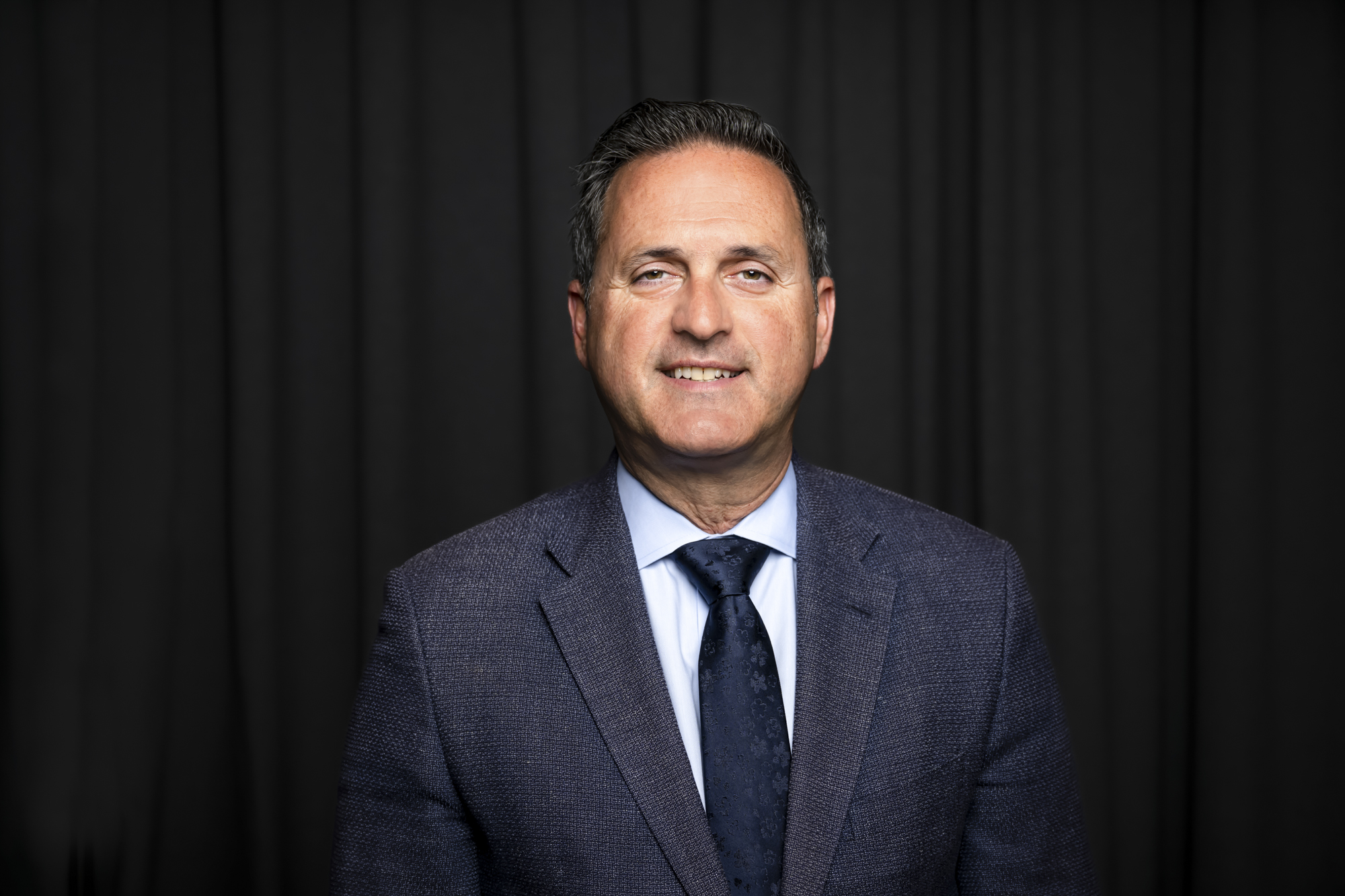
When addressing how climate change alters the city, Supervisor Ahsha Safaí said he would focus on three areas: flooding, energy, and rising sea levels. Safaí has been in local government for more than 15 years. As part of the city’s budget committee, he said he worked on the project to raise the sea wall and helped secure bonds to deal with sea-level rise along the Embarcadero.
“Decreasing our waste energy use and sea-level rise are things we can be very aggressive about,” he said.
If elected, he would like to shore up the city’s flooding issues. Safaí said he helped create a grant program for backflow preventers to stop water from flowing up pipes into homes in his district. He would like to come up with other grant programs to help San Franciscans move to deal with different climate-related issues, like installing solar or reducing emissions by replacing gas water heat systems with electric systems.
He would also like to establish a climate tech hub in downtown San Francisco that could occupy office buildings left vacant during the pandemic. Safaí is behind an effort that saw more than 3,000 trees planted during his eight years in office.
“If I hadn’t planted those trees, San Francisco’s tree canopy would have gone down,” he said. “I want to plant over 50,000 trees citywide, and then by the end of my second term, I would plant 100,000 trees.”
Nonprofit founder Daniel Lurie
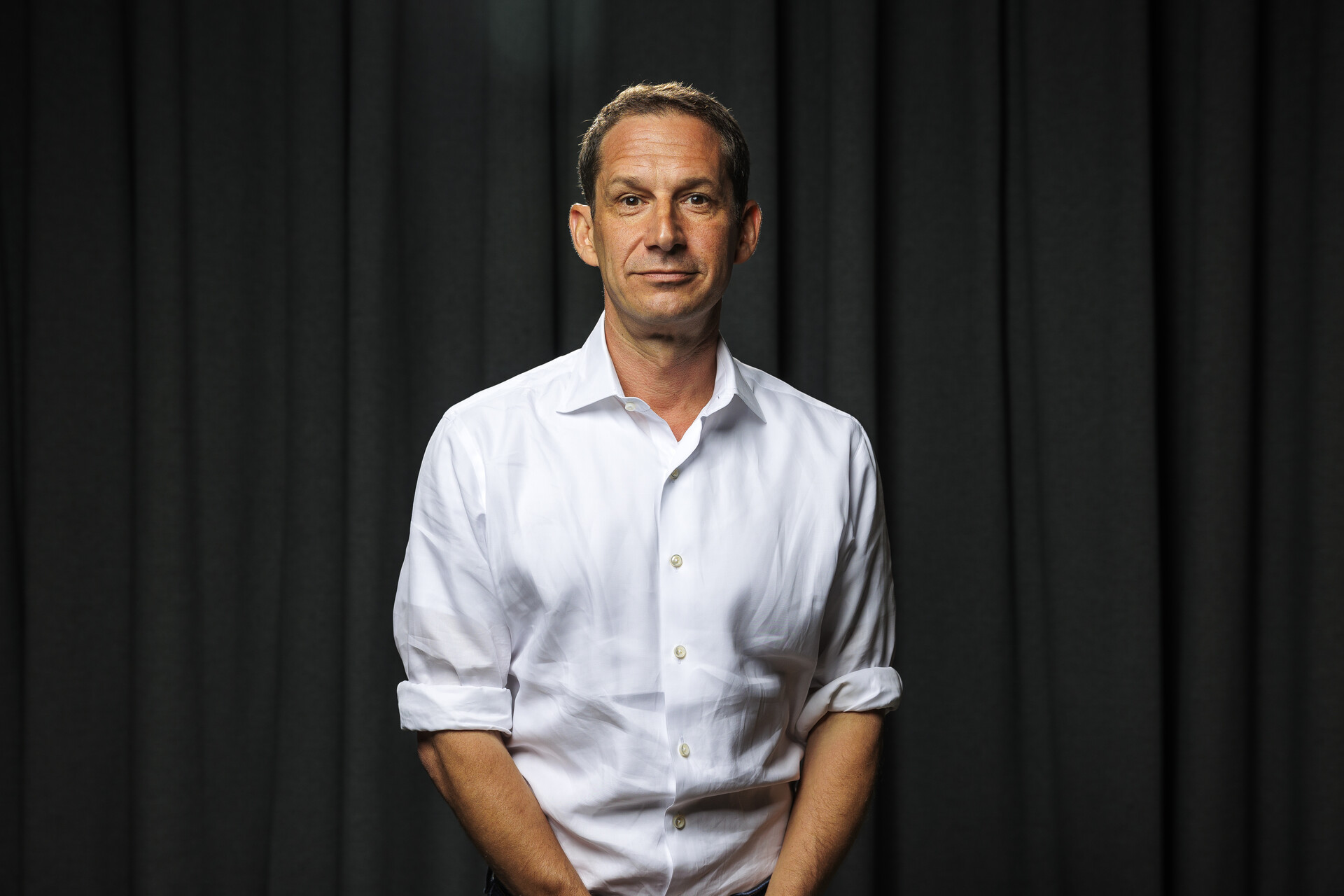
Nonprofit founder Daniel Lurie feels like San Francisco leaders have “given up the mantle of being a leader on climate,” and he wants to reverse course.
“It’s a shame that I’m the only candidate who’s been proactively talking about the climate emergency,” he said. “We need to address crime and homelessness and protect our residents from both current and future climate threats.”
His main goal regarding climate change is to create a climate tech hub downtown. He wants to incentivize entrepreneurs and innovators to move or expand their businesses into the city’s economic heart.
“Let’s combine forces and lead again on climate, get the smartest people in the world back into San Francisco so we can once again lead on climate,” he said.
Lurie said sea-level rise, flooding and extreme heat are the biggest climate threats to San Francisco. As the only candidate without a history in city politics, he added that the “city hall insiders have “failed to not only keep pace but to make sure that San Francisco is on the forefront” of addressing climate change.
“We have to prepare our residents better,” he said. “This matters down to the smallest things, like making sure that sandbags are prepared upfront and ready to deploy for our small businesses and residents especially.”
